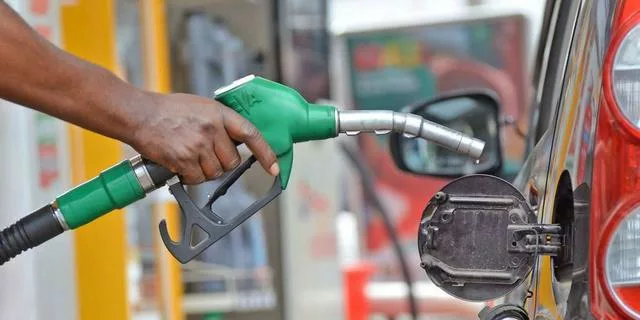The latest data from the state-owned firm, Nigerian National Petroleum Company Limited (NNPC), Nigeria spent 4.39 trillion Naira ($9.7 billion) on a petrol subsidy last year.
The figure is a far rise in petrol subsidy payments reportedly gulped over N1.15 trillion in 2021 alone,
The data also confirmed the government’s initial position the NNPC did not remit funds to federal accounts last year. The government maintained that the expended subsidy is the cause of Nigeria’s recent dwindling public finances.
Nigeria’s NNPC has been the subject of immense corruption allegations, so much that President Buhari on coming into the office on the mantra of fighting Nigeria’s neck-deep corruption, made himself the Minister of Petroleum, perhaps to face the menace in the oil sector head-on having been a Minister of Petroleum Minister during past military government in Nigeria.
Nigeria is producing well below the nation’s OPEC quota of 1.8 million bpd, due in large part to theft from pipelines that have curtailed production.
Industrial-scale oil theft is also another reason for Nigeria’s revenue shortfall. Nigeria’s oil auditing agency, NEITI, indicated that in 2019, the West African country lost 42.25 million barrels of crude oil to oil theft, valued at $2.77 billion.
Finance minister Zainab Ahmed has said the country will keep its costly but popular petrol subsidy until mid-2023 and set aside 3.36 trillion naira ($7.5 bln) to spend on it.
Despite her increasing debt profile, Nigeria’s government in January 2022 postponed its planned removal of subsidies on petroleum products till further notice.
FUEL SCARCITY
Meanwhile, Nigerians have been having a tough time purchasing premium motor spirit (PMS) popularly known as petrol for over four months. Petrol stations across the country have been greeted with long queues which usually prolong into streets and major roads across the country, thus causing gridlock as it affects the flow of traffic.
Petrol stations currently sell the product for as high ₦300, almost double the official subsidised regulated price of ₦175. There have been no clear official reasons for the prolonged scarcity as Nigerians continue to suffer from the pains of the uncertain cost, the resulting traffic situation and other risks caused by the situation.


 Sports2 days ago
Sports2 days ago
 Metro2 days ago
Metro2 days ago
 Metro1 day ago
Metro1 day ago
 Culture2 days ago
Culture2 days ago































